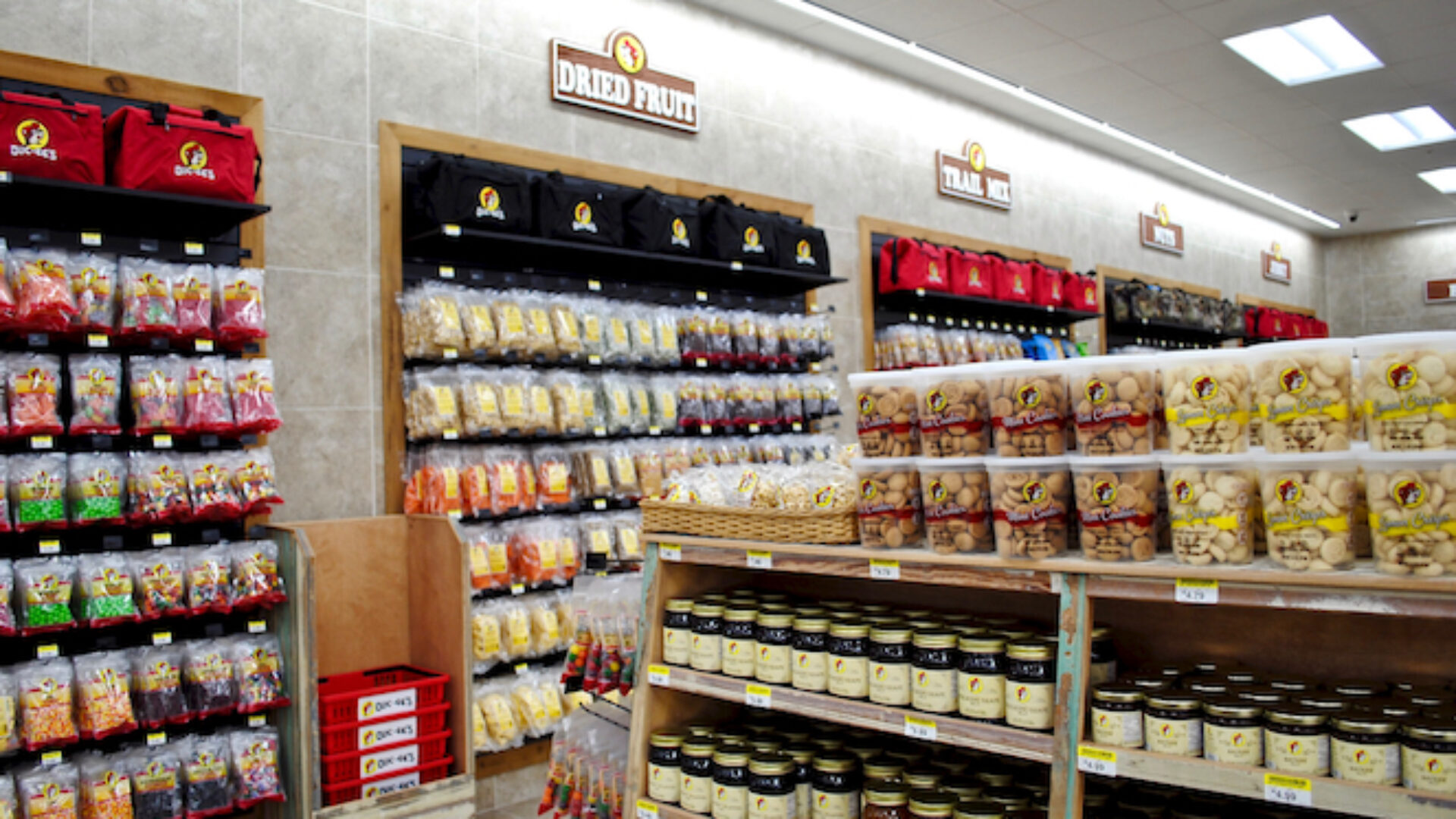How to Maintain Top Performance While Traveling for Summer Camps and Competitions

Many student athletes, parents, and coaches are busy traveling during the summer months while competing in tournaments, camps, clinics, All-Star events, and training sessions. A lot of time is spent on the road.
For many, summer travel means there isn’t a lot of time for sit-down, healthy meals. Instead the options that present themselves are limited. Many summer stops occur at gas stations.
You walk into most gas stations and what you find very easily are the donuts, soda drinks, chips, chocolate, and other candy. You feel like a candy bar would do the trick, but you know eating healthier would be better to fuel for the upcoming competitions.
Eating healthy becomes a challenge when most meals are provided on the road. Therefore you have to get creative in your choices, and possibly plan ahead, especially if you want to fuel and maintain your body for top performance.

Eating Well-Balanced on the Road
Here are some tips that can help you eat decently well balanced meals if your only stops are gas stations. One word of advice, pick larger gas stations when possible as the choices will typically be greater.
What is well balanced for road purposes? Food included from at least three, if not four, of theses food groups:
-
Fruits and vegetables – boost your immune system
-
Grain-based foods – fuel your muscles
-
Protein-rich foods – build and repair your muscles
-
Calcium-rich foods – enhance bone health
Using the chart below, you can pick foods from each of the categories and try to maintain a well-balanced diet as you travel around the country.

Creative Meals from Gas Stations
An example of creative, yet tasty, meals on the road that still brings value to your body’s nutrition:
- Orange Juice, popcorn, protein bar, and yogurt
- Salsa, corn chips, almonds, milk
- Banana, peanuts, Wheat Thins, cheese sticks
While traveling, the hardest foods to find are probably the fruits and vegetables. Your body stores vitamins in your liver, so going without fruits and vegetables for a week or so may not be too much of a blow to your body. A person’s liver, on average, can store Vitamin C for up to three weeks.
However, you will want to restock whenever you can. Some choices are fruit smoothies, colorful salads, and generous portions of fresh fruits and vegetables.

The cooler option
There is a much healthier option if you have room for it. Packing a cooler. Using the re-freezable ice packs, you can stock your cooler with sandwiches such as peanut butter and jelly, ham and cheese, and hummus. You can also pack orange juice, water, chocolate milk boxes, yogurt, and other sports foods and drinks.
These are the perishable foods that you can pack: Oranges, fruit juices, apples, carrots, peppers, yogurt, sliced cheese and cheese sticks, milk chugs, hard boiled eggs, wraps, hummus, tortillas and mini bagels.
Here are some non-perishable items to pack: Peanut butter, almonds, granola, graham crackers, Fig Newtons, dried fruit, V8, mixed nuts.
The Bottom Line
Performance starts with good nutrition. When you make the effort to travel to sporting events, you want to make the effort to eat a winning sports diet. It will pay off. No amount of training will override a poorly fueled athlete.
Source:
Nancy Clark, MS RD CSSD
Sports nutrition counselor


